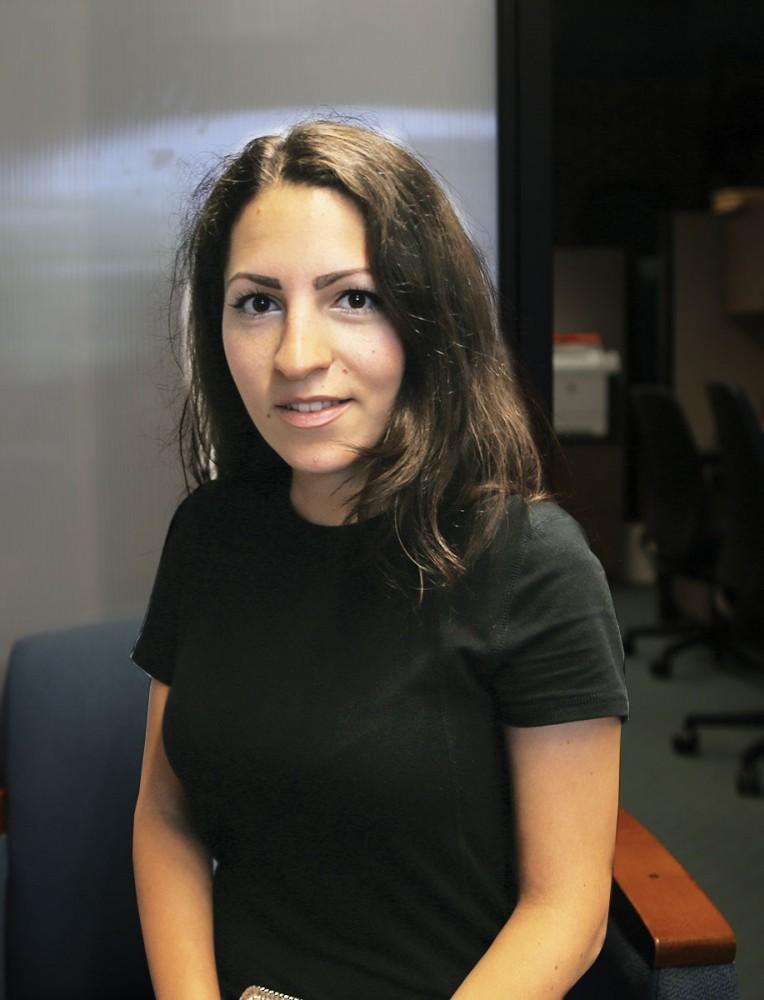Orthodox Easter traditions

Apr 16, 2015
The Orthodox Easter was on April 12th this year. In Russia, they call it “Paskha” and in Ukrainian, it is called “Velykden,” which means “The Great Day.”
Usually, during the week before Easter (the Great Week or Holy Week), which is called the White (Bilyi) or Pure (Chystyi) Week, people do their best to finish major cleaning around the house and all other work before Thursday since, starting Thursday, work is forbidden. So on “Good Friday,” no work is done at all.
We color eggs and bake a traditional Easter cake, which are the symbols of the holiday, and have to be on the table of every house for the holiday – it is called “Paska.” It looks like a giant version of cupcake and it has raisins inside.
Starting from Saturday evening, people go to the church for the Easter vigil, which lasts until the early morning. We usually go to the church at 3 a.m. It is magical because everybody goes to the church and the city does not sleep.
People gather around the church with candles and baskets of Easter food waiting for the priest to bless them and the food they have brought. There is also a tradition to donate some colored eggs and Easter cakes to church.
After that, people can go inside the church and light some candles for their ancestors or loved ones. Then people go home to celebrate this special holiday, Easter, with their families and friends. On their way back home, people greet each other and wish other a happy Easter. To wish happy Easter, people say, “Christ is risen!” and the reply is, “Risen indeed.” They also give each other colored eggs and exchange Easter cakes.
We do not have the egg hunt tradition or Easter bunny. However, we have an egg fight. It is one of the favorite Easter games. You chose the egg you are going to eat, but first you should test how strong it is. You have to knock your opponent’s egg, and if your egg is not broken, then you are the winner.
The symbol of the holiday is a baby chicken. Our baskets consist of Easter eggs, Easter cake, bread and some shots for adults, of course. It is common to go on a picnic and barbecue with relatives and close friends that day.
In addition, after Easter, the following week is dedicated to the dead. It is on the first Sunday following Easter Sunday. People gather in the cemeteries and they bring some food, wine and flowers. People share memories, eat, drink and talk. When they are done, they leave the rest of the food at the graves, as if for the soul.
I think it is a wonderful holiday that brings everybody together!























